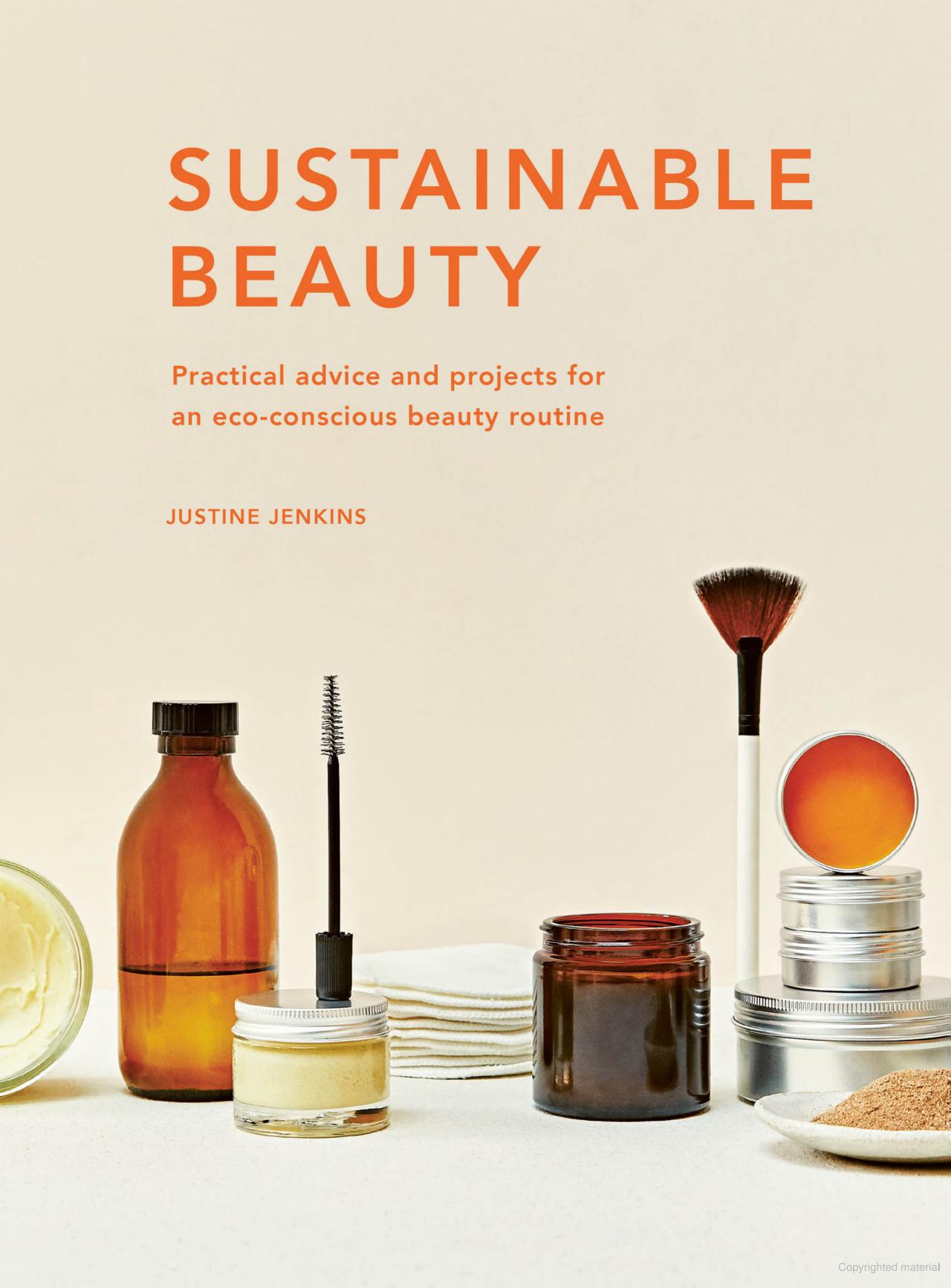Packed with insights regarding the beauty industry and loaded with practical tips, Sustainable Beauty offers a toolkit for making skincare and cosmetic routines more ethical and sustainable.
I found it to be a quick, engaging read. It includes valuable insights regarding how to interpret labels in the cosmetics sector, and natural, more recyclable alternatives to traditional cosmetics. I made a number of simple and immediate changes to my beauty routine after reading.
One very salient point is that this book finally solved a lifelong mystery for me regarding the purpose and use of something called “toner”, but that revelation was nothing to do with sustainability….it is just handy to know.
The book offers a number of home recipes that readers can concoct in the comforts of home. The aim with them is that they require less packaging than store bought elixirs (provided you reuse old containers), and they ensure that you are using natural and sustainable ingredients.
I have tried two of the recipes so far – cleansing oil and the skin elixir for all ages. I have been really happy with both of them – integrating the cleansing oil into my daily routine, and using the elixir when my skin feels dry or unhappy has provided me with results on par with any store bought cosmetics I have used in the past.
Regarding the preparation of my home concoctions: it was a bit of a faff to prepare the mixing area and sterilize all of my tools and containers, but once the prep was done, it was all rather easy. Plus, my 5 year old daughter loved getting full scientific goggles and apron on and helping me to “make potions”. So, that was worth it.
There is a really handy list of common animal-derived ingredients at the back of the book. Jenkins pairs each ingredient name with an explanation of how it is derived and where it is commonly used. She helpfully offers viable alternatives that you can seek out should you choose to avoid animal-derived products in your cosmetics.
Generally speaking, there are two main reasons that many consumers choose to avoid animal products in cosmetics as part of their sustainability journey: the first is out of concern for the welfare of animals from whom the products are derived, and the second is the carbon footprint associated with leveraging animal inputs for commercial use.

 Doughnut Economics
Doughnut Economics